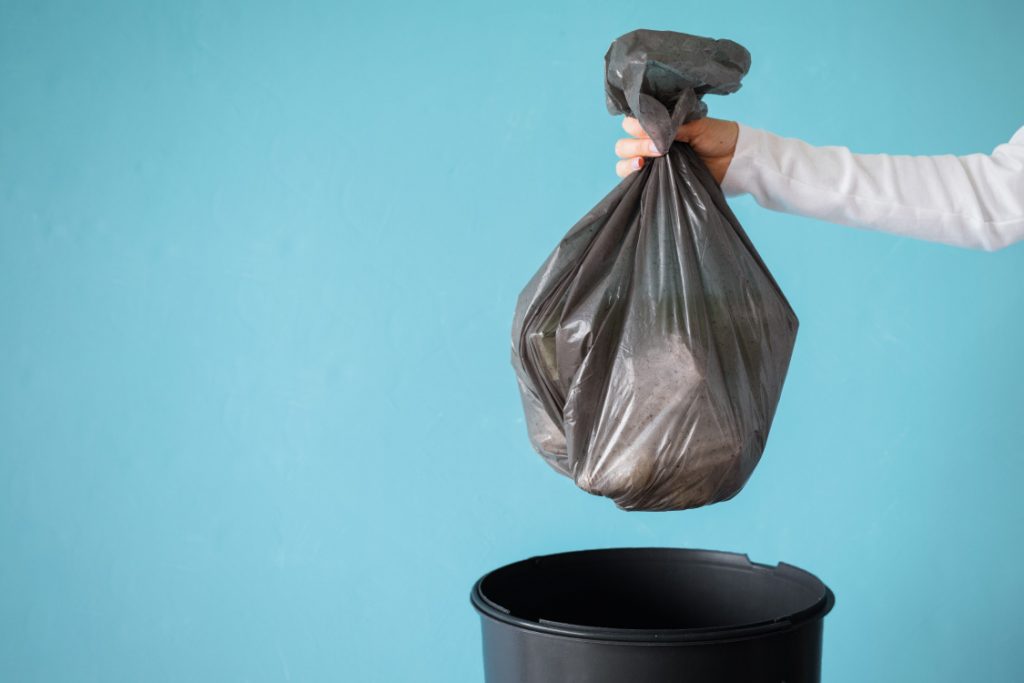Different Types of Waste
The days when we just threw all our waste into one bin and waited for it to be carted away to be tipped into landfill are long gone. As we have become increasingly aware of the effects of the consumer and industrial societies on an overpopulated planet, it has become essential that we treat every bit of waste we produce individually and on its merits, to ensure that any further adverse effects to the environment are kept to a minimum.
To this end, different categories of waste have been classified, although there is some crossover between them – for example, many examples of solid, organic and even hazardous waste are recyclable, while several waste items that are in liquid form are also hazardous.
Let’s take a closer look at these different types of waste to see what they comprise and how we should be disposing of them:

Recyclable waste
We are becoming increasingly efficient and organised about manufacturing things that can be recycled, and as we get even better at it and find new ways of recycling, hopefully the number of items falling into this category will increase. Currently it includes things like paper, cardboard, metal, many plastics, garden waste, some food waste, ceramics and glass. Most councils carry out roadside collections of recyclable waste, but specialised waste companies such as CSH Environmental will also ensure it is recycled when you place it in one of their skips. Alternatively, your local recycling centre is a good place to take recyclable items (such as car batteries and electrics) that aren’t part of pavement collection services.
Liquid waste
Domestically, liquid waste usually comprises what goes down our sinks, toilets and drainpipes for treatment at sewage works, but there is also liquid waste that can’t be disposed of in this way, such as oil, paint, solvents, petrol and diesel.
Liquid waste is further broken down into two different types:
- Point source – manufactured liquid waste
- Non-point source – natural liquid waste
Some industrial liquid waste – such as food manufacturers’ process liquid, brewery and water treatment sludges and effluent water can be recycled to land to aid agriculture.
Solid waste
Solid waste comprises plastic, paper and card, tins and metals, and ceramics and glass – all of which are recyclable. However, it also includes a lot of general waste that cannot be recycled, including nappies and wet wipes, sweet and crisp wrappers, some plastic cartons and so on, although much of this can go for ‘energy from waste’ rather than into landfill.
Hazardous waste
There are many forms of hazardous waste – and this is a subject to which we will return in more detail in a separate blog article – but generally this includes materials that are flammable, explosive, toxic or corrosive. The unifying factor is that these items must be disposed of carefully and by licensed operators to ensure that it is carried out safely, in order that there is no negative environmental impact or potential for risk to the health and wellbeing of people or nature.
Organic waste
Organic waste includes garden waste such as weeds, grass cuttings, twigs and branches together with food waste, including rotten meat. While cooked food waste is not recommended for domestic composting, it does decompose and turn into manure over time so is often collected by many councils with garden waste for recycling for this purpose.
As one of the leading waste collection and disposal companies across Essex and Suffolk, CSH Environmental is experienced at dealing with all categories of waste, making sure that everything that can be recycled is recycled, and that everything that’s hazardous waste is disposed of safely and with full regard to all guidelines and legislation. Contact us today to find out more.
back to latest news